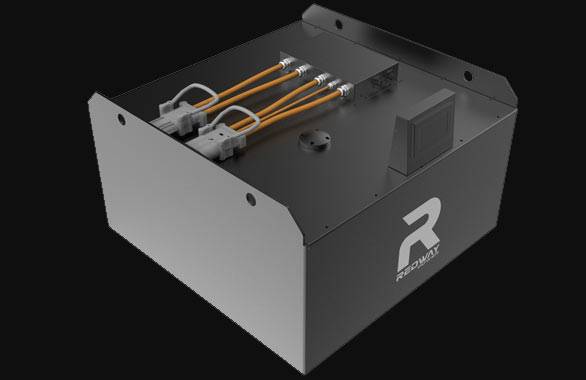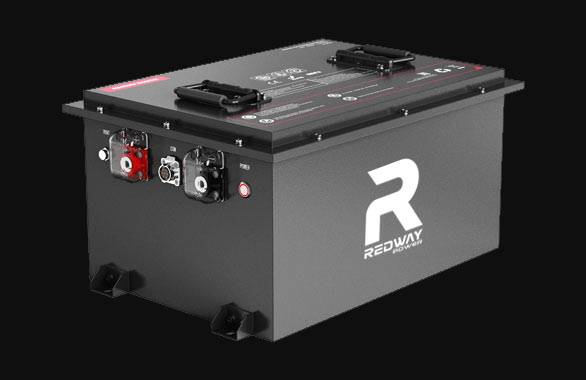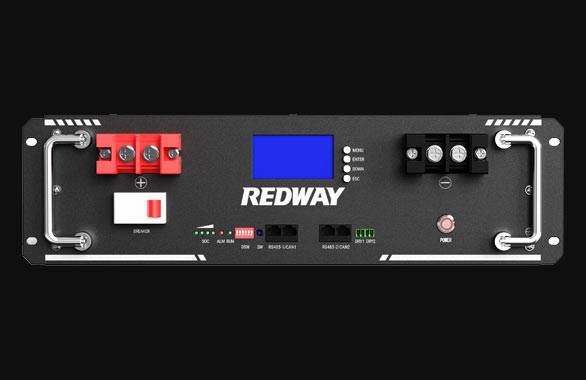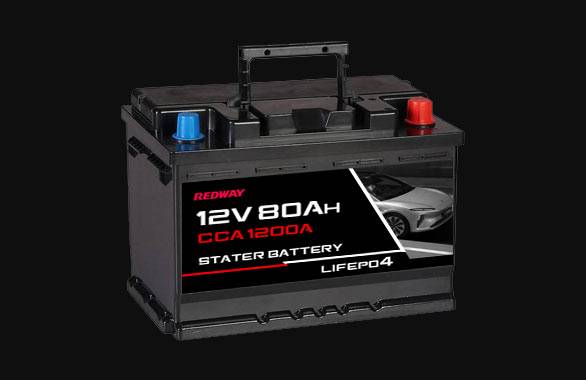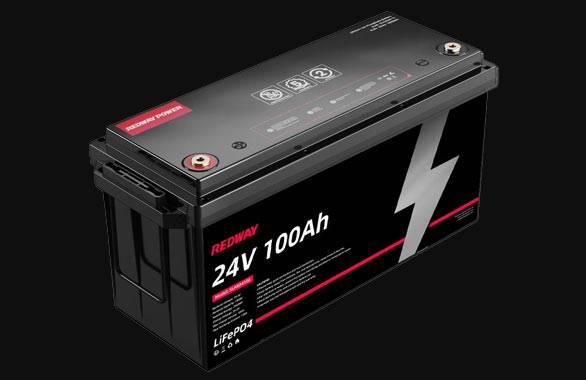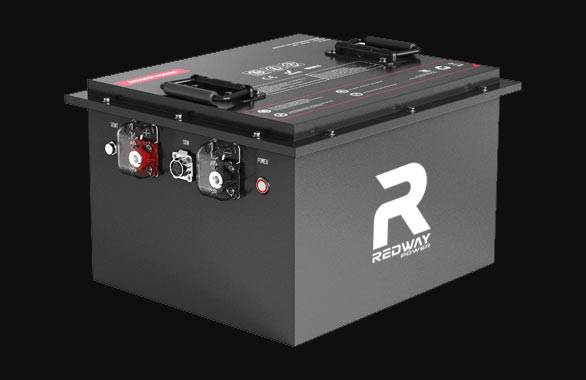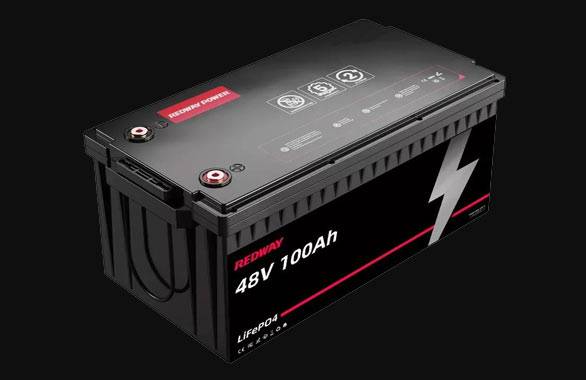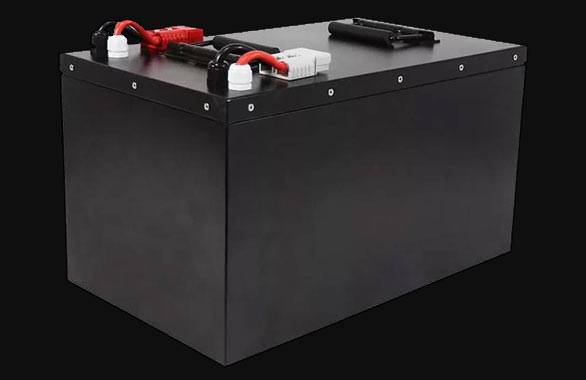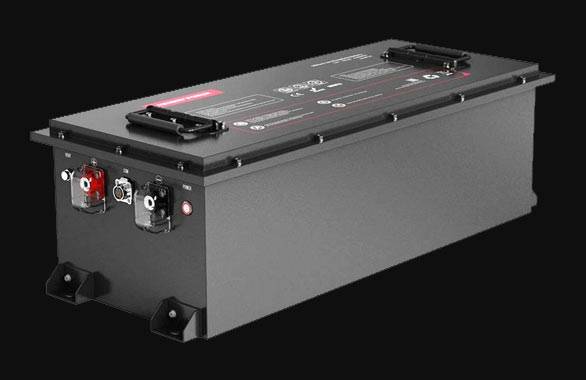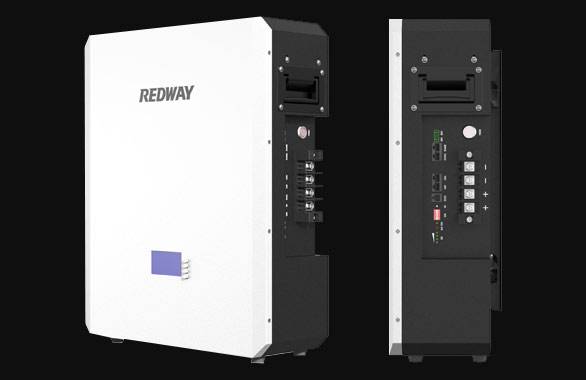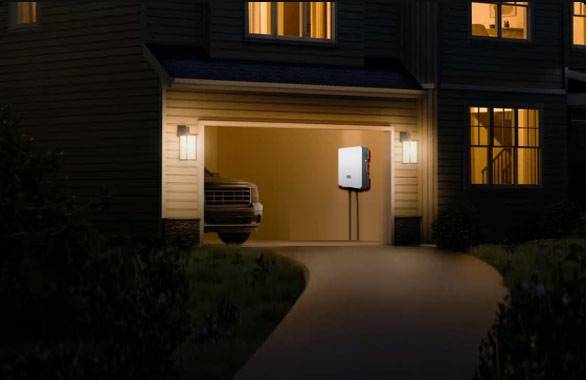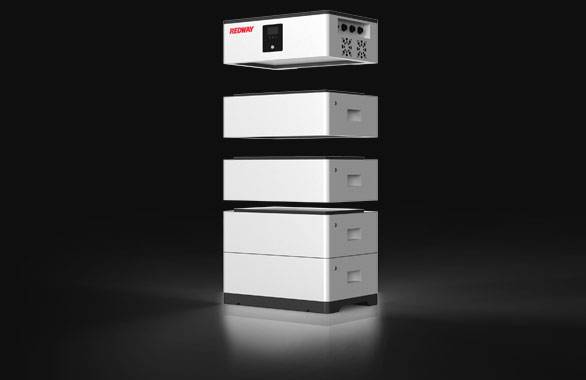- Forklift Lithium Battery
- Golf Cart Lithium Battery
- Rack-mounted Lithium Battery
51.2V 100Ah Rackmount LiFePO4 Battery
8000 times (80% DOD 0.5C)
Optional SNMP for TELECOM - Car Starter Battery
- 12V LiFePO4 Battery
12V 150Ah Lithium RV Battery
Bluetooth App | Self-heating
LiFePO4 | Group 31
UL 1642 | IEC 62619 - 24V LiFePO4 Battery
- 36V LiFePO4 Battery
- 48V LiFePO4 Battery
- 60V LiFePO4 Battery
60V 100Ah Lithium Battery (AGV, AMR, LGV)
Peak Discharge Current 400A
500 x 298 x 349 mm - 72V~96V LiFePO4 Battery
72V 100Ah Lithium Golf Cart Battery
Peak Discharge Current 315A (10S)
740 × 320 × 246 mm - Wall-mounted Lithium Battery
51.2V 100Ah 5kWh
Wall-mounted Battery532 x 425 x 170 mm / LiFePO4
>8000 Cycles (80% DOD 0.5C)
RS485 / CAN-bus
for Solar Home ESS - Home-ESS All-in-One
51.2V 32kWh
All-in-On HESS SystemPowerAll
51.2V / LiFePO4
>8000 Cycles (80% DOD 0.5C)
RS485 / CAN-bus / WiFi
All-in-One for Home ESS
How Can an RV Solar Panel Kit Improve Energy Efficiency While Camping?
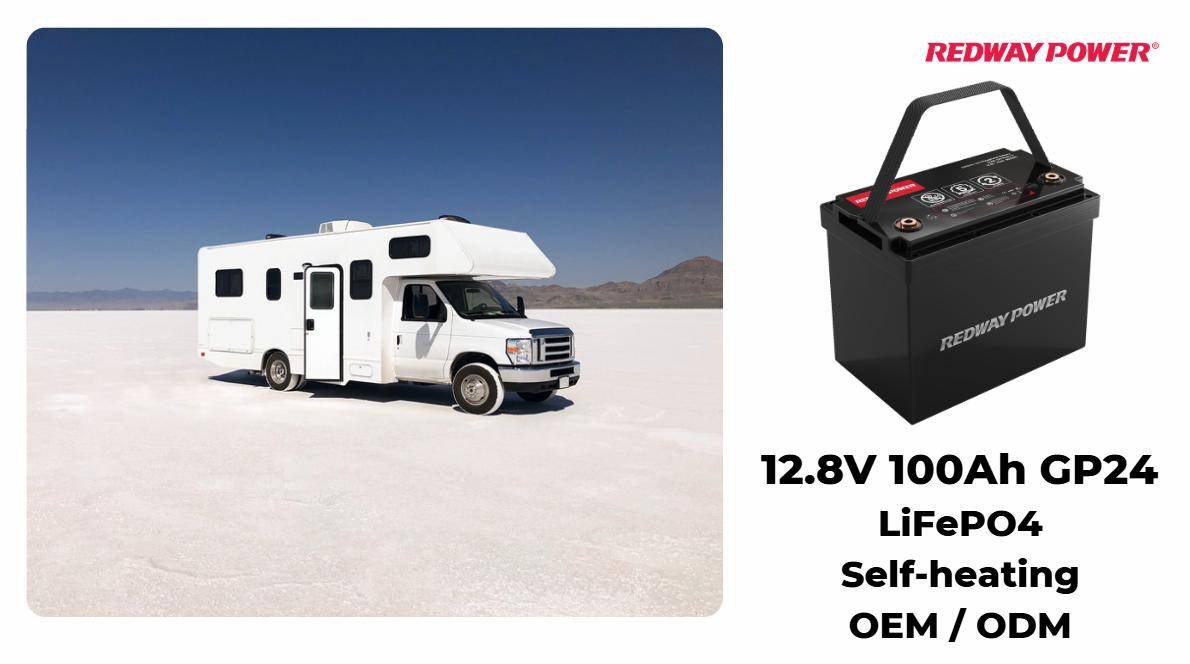
An RV solar panel kit significantly enhances energy efficiency while camping by harnessing renewable energy from the sun to power appliances and charge batteries, reducing reliance on traditional fuel sources and generators. This not only promotes sustainability but also provides campers with greater freedom and convenience during their outdoor adventures.
What Are the Key Benefits of Using Solar Power in RVs?
Solar power provides quiet energy, reduces dependency on generators, and offers long-term cost savings. It allows RV users to camp off-grid, charge batteries sustainably, and extend trip durations without relying on external hookups. Solar panels require minimal maintenance and deliver renewable power consistently in sunny conditions. With proper installation, they also enhance battery life and support environmentally conscious travel. Solar systems are reliable, fuel-free, and ideal for both short-term and full-time RV living.
Using solar power in RVs offers numerous advantages:
- Energy Independence: Campers can generate their own electricity, reducing reliance on campgrounds or generators.
- Cost Savings: By utilizing solar energy, RV owners can save on fuel costs associated with running generators.
- Quiet Operation: Unlike gas generators, solar panels operate silently, enhancing the camping experience.
How Does a Solar Panel Kit Function to Enhance Energy Efficiency?
A solar panel kit converts sunlight directly into electricity, charging RV batteries for lighting, appliances, and electronics. It includes panels, a charge controller, wiring, and sometimes an inverter. The controller optimizes energy flow and prevents overcharging. By continuously recharging batteries, the system reduces generator usage and keeps power available without fuel. This boosts energy efficiency by minimizing energy waste and ensuring stored power is used effectively throughout daily RV operations.
A solar panel kit works by converting sunlight into electricity through several components:
- Solar Panels: These capture sunlight and convert it into direct current (DC) electricity.
- Charge Controller: This regulates the voltage and current from the solar panels to prevent overcharging batteries.
- Batteries: Stored energy can be used when sunlight is not available, such as at night or during cloudy days.
| Component | Function |
|---|---|
| Solar Panels | Convert sunlight into DC electricity |
| Charge Controller | Regulates voltage and prevents overcharging |
| Batteries | Store energy for use when needed |
Why Is Energy Independence Crucial for Campers?
Energy independence allows campers to travel freely without needing constant access to power hookups. With solar power, RVers can enjoy extended boondocking or off-grid stays while maintaining essential devices. It ensures access to lighting, refrigeration, and communication tools even in remote areas. Independence from campgrounds and fuel-powered generators offers greater flexibility and lowers operational costs. This freedom enhances travel experiences and supports a more self-reliant, sustainable RV lifestyle.
Energy independence allows campers to explore remote areas without worrying about power availability:
- Flexibility: Campers can choose off-grid locations without needing access to electrical hookups.
- Extended Trips: With sufficient solar power, trips can be extended without the need for frequent stops to recharge batteries.
What Essential Components Are Found in a Typical RV Solar Panel Kit?
A typical RV solar panel kit includes solar panels, a charge controller, wiring, mounting brackets, and sometimes an inverter. The panels capture sunlight, the controller regulates charging, and the inverter (if included) converts DC to AC for standard appliances. Some kits also feature fuses, breakers, or battery monitors for added safety. Each component works together to create a functional system that stores energy in batteries and powers your RV’s electrical needs.
A typical RV solar panel kit includes:
- Solar Panels: Usually made of monocrystalline or polycrystalline materials.
- Charge Controller: Either PWM (Pulse Width Modulation) or MPPT (Maximum Power Point Tracking) for efficient energy management.
- Mounting Hardware: For securely attaching panels to the RV roof.
- Wiring and Connectors: Necessary for connecting all components.
How Can Solar Power Contribute to Reduced Fuel Consumption?
Solar power reduces fuel consumption by replacing generators and limiting engine idling for battery charging. It provides a steady, renewable power source for lights, appliances, and devices, reducing reliance on gas or diesel. Less generator use means fewer refueling stops, lower fuel expenses, and extended off-grid time. This efficient energy source minimizes emissions and supports more sustainable RV travel. The result is fuel savings and a quieter, cleaner camping experience.
Solar power reduces fuel consumption by minimizing reliance on generators:
- Less Generator Use: With sufficient solar capacity, campers can power appliances directly from solar energy, decreasing the need to run gas generators.
- Battery Charging: Continuous charging of batteries via solar panels means less frequent use of engine power for recharging.
What Environmental Advantages Come with Using Solar Energy in RVs?
Solar energy is a clean source that produces no harmful emissions or noise, reducing your environmental footprint. It decreases generator use, cuts fuel dependency, and supports sustainable travel practices. By harnessing the sun’s power, RVers reduce carbon emissions and air pollution. Solar systems also require less maintenance, generating power silently and efficiently. These advantages make solar a key solution for eco-conscious campers aiming to minimize their impact while enjoying off-grid freedom.
Utilizing solar energy has several environmental benefits:
- Reduced Carbon Footprint: By using renewable energy, campers decrease their reliance on fossil fuels, contributing to lower greenhouse gas emissions.
- Sustainable Practices: Embracing solar technology promotes sustainable camping practices that protect natural resources.
How Do You Properly Size an RV Solar Panel System for Optimal Performance?
To size a solar panel system, calculate your daily energy usage in watt-hours. List all appliances and their runtimes, then match that demand with panel output and battery storage. Consider panel efficiency, peak sun hours, and future power needs. A system should generate more than your average use to account for cloudy days. Pairing panels with a suitable charge controller and battery bank ensures balanced performance and long-lasting energy availability.
Sizing an RV solar panel system involves several considerations:
- Energy Needs Assessment: Calculate daily energy consumption based on appliances used.
- Panel Output Calculation: Determine how many panels are needed based on their wattage and expected sunlight hours.
- Battery Capacity Consideration: Ensure that battery capacity aligns with energy needs and panel output.
| Factor | Consideration |
|---|---|
| Daily Consumption | Calculate total watt-hours needed per day |
| Sunlight Hours | Estimate average hours of effective sunlight |
| Battery Capacity | Match battery size with expected usage |
What Expert Perspectives Emphasize the Benefits of RV Solar Kits?
“Investing in a solar panel system is one of the best decisions an RVer can make,” states an expert from Renogy. “Not only does it provide freedom from traditional power sources, but it also enhances your overall camping experience by allowing you to stay longer in beautiful, remote locations.”
FAQ Section
- What is included in an RV solar panel kit?
An RV solar panel kit typically includes solar panels, a charge controller, mounting hardware, wiring, and connectors. - How much power can a typical solar panel kit generate?
The power generated depends on the size and type of panels; most kits can produce between 100W to 400W per panel under optimal conditions. - Can I install a solar panel kit myself?
Yes, many kits come with installation instructions that allow DIY installation; however, professional installation is also available for those who prefer assistance.


